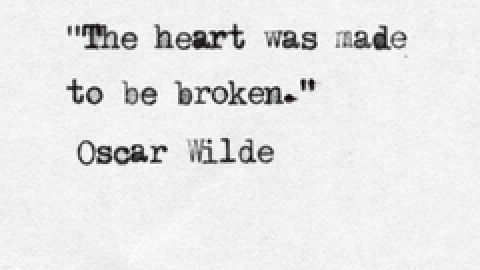Our consideration of the Absolutes individually leads to a few conclusions. The Twelve Steps represent our philosophy. The Absolutes represent our objectives in self-help, and the means to attain them. Honesty, being the ceaseless search for truth, is our most difficult and yet most challenging objective. It is a long road for anyone, but a longer road for us to find the truth. Purity is easy to determine. We know what is right and wrong. Out problem here is the unrelenting desire to do that which is right. Unselfishness is the stream in which our sober life must flow, the boulevard down which we march triumphantly by the grace of God, ever alert against being sidetracked into a dark obscure alley along the way. Our unselfishness must penetrate our whole life, not just the deeds for others, for the greatest gift we bestow on others is the example of our own life as a whole. Love is the medium, the blood of the good life, which circulates and keeps alive its worth and beauty. It is not only our circulatory system within ourselves, but it is our medium of communication to others.
The real virtue is in our striving for these Absolutes. It is a never-ending journey, and our joy and happiness must come each step of the way, not at the end because it is endless. Cicero said, “If you pursue good with labor, the labor passes and the good remains, but if you court evil through pleasure, the pleasure passes and the evil remains.” Our life is a diary in which we mean to write one story, and usually write quite another. It is when we compare the two that we have our humblest hour. But let's compare through our self-inventory and make today a new day. Men who know themselves, have at least ceased to be fools. Remember, if you follow the Golden Rule, it always your move too. To love what is true and right and not to do it, is in reality not to love it, and we are trying to face reality, remember? The arts of living in truth and right is the finest of fine arts, and like any fine art, must be learned slowly and practiced with incessant care.
We must approach this objective of the Absolutes humbly. We pray for these things and sometimes forget that these virtues must be earned. The gates of wisdom and truth are closed to those wise in thei conceit, but ever open to the humble and the teachable. To discover what is true and to practice what is good are the highest aims in life. If we would be humble, we should not stoop, but rather we should stand to our fullest height, close to our Higher Power that shows us what the smallness of our greatness is.
Remember our four questions, “It is true or false?”, “Is it right or wrong?”, “How will this affect the other fellow?”, and “Is it ugly or beautiful?” Answering these queries every day with absolute integrity, and following the dictates of those answers, one day at a time, will surely lead us well on our journey toward absorbing and applying the Absolutes.



